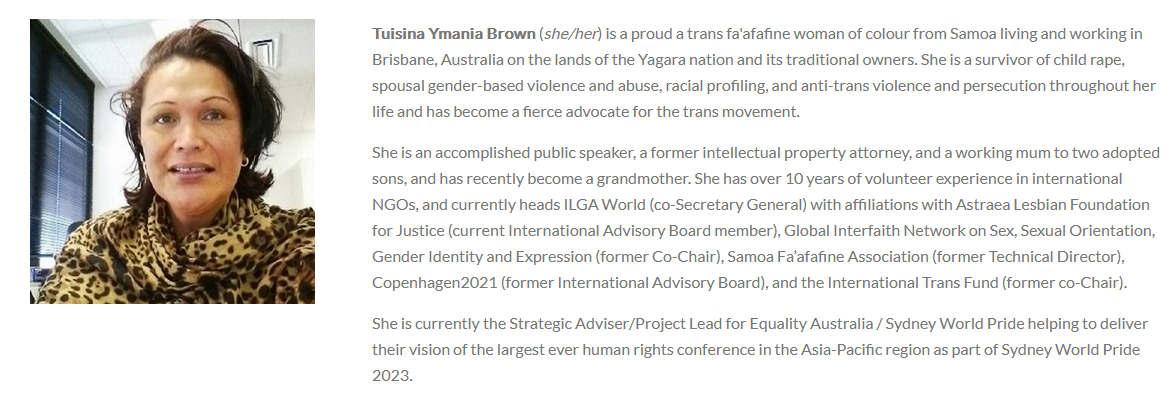
Neptium
Heritage, community… I’m not sure how to explain it other than it appeals to me.
That’s an essential part of Islam. The ummah as it is called.
Which is also why Islam is deeply supported by the masses. Because it is embedded in the community.
Islam is something you can’t practice in private, well up to a certain extent, there are exceptions to this, but that’s why in my primary comment, your first avenue to understanding Islam should be a local masjid and their imam.
I’ll try answering your questions from my point of view, being raised muslim, however atheistic in practice. This is thus a non-expert view and my only formal Islamic classes would have been in school, which was very barebones and westernised, and also weekend saturday schools. I have also lived a majority of my life in Islamic countries but also a minority in the West.
I have limited knowledge regarding Da’wah so any more knowledgeable comrades can correct me where I am wrong.
I’ll start with your first question because I think it is the most important out of all of them.
How can I call myself a Muslim without compromising my beliefs?
I think this is a wrong approach to Islam.
In Islam, belief and faith, is encapsulated in the word iman.
An important aspect of iman is that it goes beyond superficial acceptance. It is not enough to say the shahada and be done with it. You gotta live and breathe it.
And judging from your post you already encapsulate an important part of Iman, which is seeking knowledge. This is why if you read any introduction to Islamic philosophy, their first and foremost topic would be on knowledge production and reproduction. Because the way to showcase your faith is through learning and teaching - through practice.
My point is, whatever you allegedly think Islam is against - firstly, as mentioned by @Aru it’s not about your current perceived faults or unorthodoxy that requires you to compromise. One idea that separates Islam and Christianity is that, in Islam you are born pure but corrupted by material reality. Unless you extricate yourself from reality, everyday you will be making mistakes and faults which requires you to constantly reaffirm your iman. This important emphasis on action, on doing stuff in reality, rather than just in mental masturbation, makes Islam a versatile and realist religion.
Secondly, Islam continues to change and be reformed. As of now, it’s true that a majority of muslims may not approve of those exhibiting same-sex attraction or identifying as different from your assigned gender or outside the binary. But disapproval doesn’t mean excommunication, doesn’t mean dehumanization. There is a clear understanding that separates the private from the public. And there are those that view LGBT identities as perfectly compatible with Islam - that depends on the individual and eventually the community to figure out.
Is there a sect or denomination I can seek guidance from? Am I just wasting my - and your - time?
Your primary guidance will be the Quran. Your secondary guidance will ideally be any imam from a local Masjid.
As for the sects and denominations - they don’t really matter. And what I mean by that is that the basics are the same across denominations. You shouldn’t really concern yourself with it right now unless you are specifically interested because it becomes a really specialised affair. There’s a reason why there are scholars that specialise specifically in matters of fiqh, or jurisprudence.
Also Sufism is not a separate “sect” of Islam, it forms an essential part of the Islamic experience and Islamic history for ALL muslims. Certain muslims, especially those that follow orthodox Sunni jurists, often sideline Sufi thought which were then re-propagated by Orientalist scholars. It is important to recognise this lest we fall back in the colonialist trap.
It feels like appropriation for me to want to convert to a faith, but then pick and choose which parts of it I want to believe and follow. I dabble in tarot and the occult. I’m poly. I believe all consensual love is valid and sacred.
It may shock you to find out that muslims also practice black magic and the like. There have of course been a process “standardization” of such practices, and they are less common now as they are being dissuaded by mainstream Islamic councils.
But it’s definitely not appropriation. What we need now especially with the rising tide of Islamaphobia is those with humility, introspection and courage to understand Islam. In the end, you may decide to not get into it - and that’s fine, but the journey is as valuable as the destination.
I think this blog post, Interrogating The Border Between Rationality And Faith, will be helpful for you.
If you want to know more about my personal experience and thoughts, feel free to DM me or message me on Matrix.
And in the other way, especially accounting for costs of living.
See my comment above.
Poland, Lithuania and Estonia in the same cathegory as Switzerland or Luxembourg is like the joke about man and dog having averagely three legs.
You are merely arguing against the presentation of the data on the map, not the methodology of the data or the conclusions made from the data.
PERCENTAGE OF THE NATIONAL POPULATION BELOW WORLD AVERAGE INCOME OR CONSUMPTION
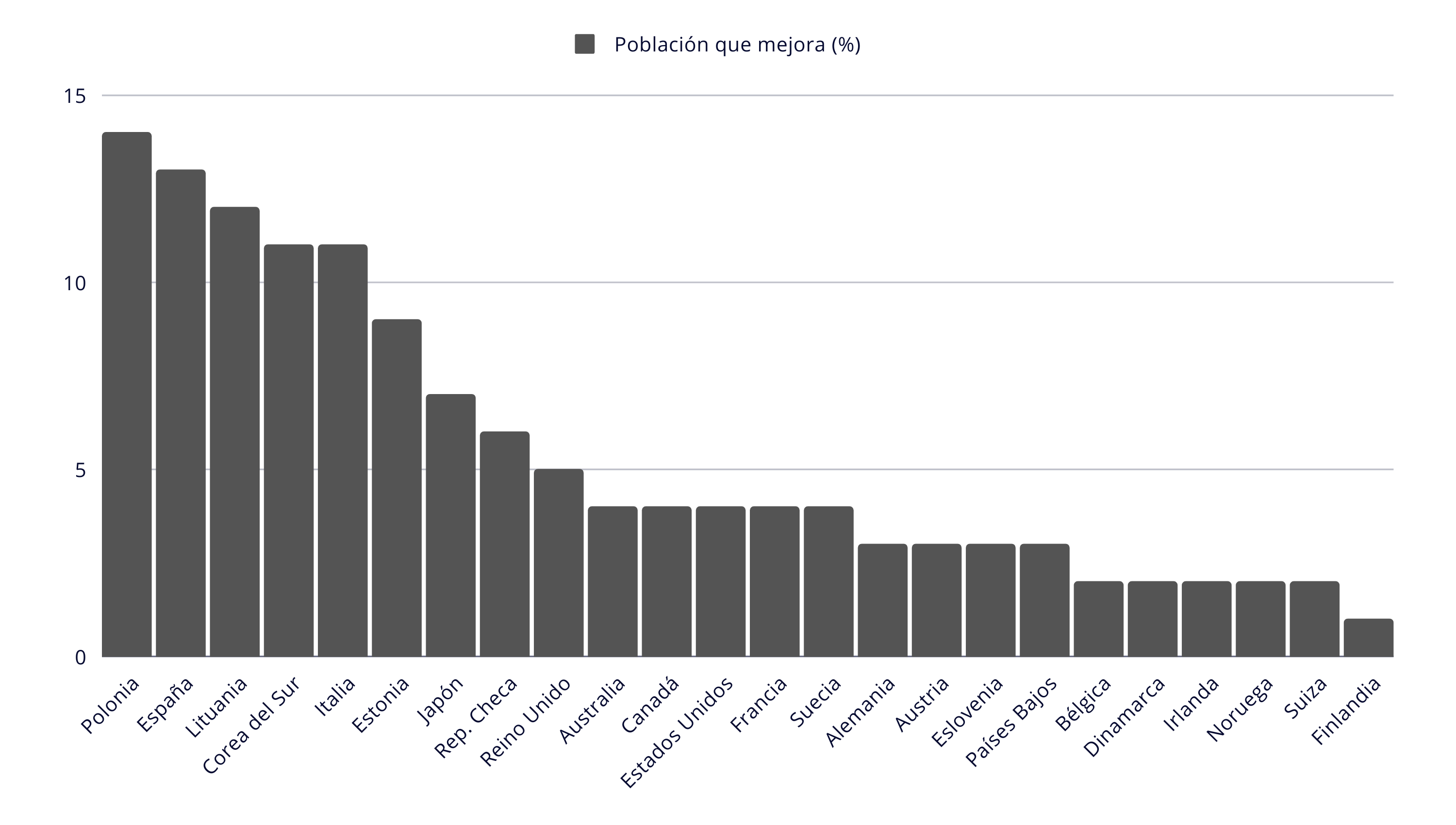
In this image found in the article I sourced the map from, it is made perfectly clear that Poland, with a population of 15% earning below the world average, is obviously vastly different than that of Switzerland of around 2%. In other words, proportionally, there are 7.5x more people in Poland that live with wages below the world average.
It is purely arbitrary that the author made the cutting off point for the legend 20%, when it could easily be in 10%, which would seperate Poland and Lithuania (but not Estonia) from Switzerland. The author could also have based it on quartile ranges (which would defeat the nature of this analysis).
It doesn’t consider the subsistence farmers
I am unsure how this helps your argument.
If anything this all further reinforces the nature of unequal exchange and imperialism.
There are rarely any "true" full-time subsistence farmers in the Global South, for example, during periods of drought, or after seasonal harvests, - subsistance farming doesn't guarantee full-time job security nor does it entail that (for example) the farmer is able to pay for school or healthcare for the farmer or their family.
and people who obtain resources without the market.
That is of statistical insignificance, unless you are going to argue that Capitalism and Imperialism (what you call the "market") have not infilitrated atleast 5% of the world populace (400 million people). And if so - may I get a source? I must read about the 400 million people or more that escaped Capitalism!
Even if 80million people were not counted, 1% of the world population or the entire population of Germany, it would still not affect the conclusions made from the article and the map.
As described in the article:
To broaden the focus, we can apply the same reasoning, not only to the United States, but to the rich nations as a whole. We follow the World Bank’s classification of high-income countries:
The average national income per capita in high-income countries in 2021 is $55,225 per year (this and the following figures are in 2023 international dollars).
The total world population is 7.888 billion people.
Repaying the entire world’s population with the average income of the average citizen in high-income countries would require about $436 trillion per year.
However, the total national income of the entire world amounts to just $146 trillion annually.
If all the world’s annual income – eliminating the parasitic counterparts of labor: profit, rent, interest rates, etc. – was destined to simple reproduction, and thus distributed equally among the entire world population, it would be enough to cover barely one third of the average income of high-income countries: that is, about $18,510 per capita per year.
As long as the "proletariat" in the Global North earns more than their labour - earn more in return than their labour is entitled for - their material interests are in direct contradiction to the interests of the Global South masses.
Nor does it take into account cost of living.
It is using 2023 international dollars - so it does take into account cost of living, unless you are arguing that the World Bank's "basket of goods" is flawed.
If you think about it, people who live “on less than a dollar per day” literally wouldn’t be able to live if they faced the same cost of living as people in western societies.
There is a difference between "living" and "surviving".
The question we must ask ourselves is why is that? What makes their lives different from ours? What is considered essential, abundant or normal here that isn't in the Global South?
To quote Unequal Exchange and the Prospects of Socialism by Communist Working Group and Arghiri Emmanuel.
The commodities which represent the reproduction costs of ther working class do more or less cost the same all over the world. generally speaking, the costs of maintaining a living as a Danish worker are the same in Denmark, Tanzania, Brazil or Hong Kong. The price for one kilo of wheat, one kilo of meat, one watch, or a transistor radio varies by 10, 20, 50 percent from country to country. However, the wages are 5, 10, 20 or 50, times higher in the imperialist countries.
Truthfully, that does not need to be quoted by I did anyways because the main point is that "living costs" is defined as the level needed for basic social reproduction. It does not entail short working hours, safe working conditions, the price of buying a meal at a restaurant, strong environmental regulations, the price of consumer goods or rent, etc.
The calculations in the main article explicitly mentions that it eliminated "the parasitic counterparts of labor: profit, rent, interest rates, etc." by utilzing only data on production.
but the gap is exaggerated by the liberal worldview.
What is considered liberalism here?
It’s important to remember that a lot of this data is biased.
Yes but not necessarily for your own argument that the data is "exaggerated".
The official data is given to the World Bank by member states, in which for Third World states, due to centuries of imperialist sabatoge, is unable to provide fully accurate statistics and often overrepresent organized workers. This means the disparity may even be larger in real life.
I recommend reading this article on the Labour Aristocracy and the book I quoted prior.
There has also been other extensive works on Imperialism in the late 20th and early 21st century that I think may help you understand the arguments being conveyed here.
[Long post ahead]
Frankly, I was a bit confused at first at the responses to Hakim's supposed misdeed. I saw practically nothing wrong with his post.
This is speaking as someone who considers themself "ex-muslim" and rarely practices any of the daily rituals of being muslim.
I have read through both the Hexbear thread and this one here on Lemmygrad. Firstly, I would like to say I agree with Aru's comment on the other parallel thread running right now.
I'd like to address some of the contentions people have about the post. Hakim starts his post with this statement:
How do the Palestinian people persist? As muslims...
Not because they ARE muslims, as in, Islam was the only way in which they were able to carry out anti-colonial struggle, but rather they carry out the anti-colonial struggle through BEING muslim. Islam in this context is a material force, precisely because it is imbedded in the people - the colonized and the working classes, in their decision-making and power. It becomes entrenched in the material base.
It is in the masjid where muslims congregate and form communal bonds. It is in the masjid where people recieve their political and cultural education. It is the masjid that organizes the local community. It is in the masjid grounds in which people partake in the political economy.
To say that if Palestine was fully christian or any other "religion", they would still reject colonization, misses the point. It doesn't matter about some hypotheticals that you concoct in your head. That's as useful as saying that if China was 100% Christian they would still be communist - what is the point in engaging in idealist hypotheticals? To simply compare it to Christianity, is idealism. Because you are not comparing the reality in which these cultural traditions, epistemologies, and beliefs operate. You are comparing one idea to another, utterly deaf to the material context behind it. The material reality of the ummah, the material reality of Palestine, means that Islam is the force in which anti-imperialist and anti-colonialism is carried out.
So yes, perhaps for many muslims, the Quran, the life of Prophet Muhammad (pbuh) becomes the starting point of their political conciousness, and to somehow call it immature, backward, or a type of "false consciousness", is to fall into the orientalist idealist tropes of the days of direct colonization.
Throughout the entire Islamic world we have seen numerous secular and communist organizations that directly collaborated with the colonizer, that never gained support from the muslim masses and that also had to face a visceral reactionary force funded by the West. To say that secular movements only failed in the Islamic world because they were being pitted against reactionary Western-funded movements ignores the fact that if these secular movements truly had the mandate of the people - truly did listen to the working masses, they would have succeeded in maintaining power in the first place.
To act like this analysis is somehow "idealism", when it is actually idealism to ignore history and material conditions in favour of a dogmatic secular understanding of class warfare.
Why is it when state secularism and athiesm is mentioned, we only mention those in AES, like the conditions of the ummah is somehow exactly one-on-one the same as that of China or the USSR? Why doesn't anyone ever mention about the beacon of liberal modernity and secularism - France - in which if you ask anyone in the ummah what they think about it, they would vehemently reject associating with that Islamophobic "secular" state. Why is it immediately assumed that when someones says they want an Islamic country, it is immediately assumed they want a monoreligious populace with forced conversions on heretics and heathens? Why is it assumed when we say something is Islamic, it means that it cannot involve people of other faiths (or lack thereof)?
In my eyes, the answer is simple. It is because the Western left still carries the mental burden of colonization, of cultural genocide, and they project it onto the global south - onto the ummah.
Are we suppose to ignore the Islamic influence of for example Southeast Asian foreign policy, Arab nationalism, or North African decolonization? How about the Islamic Axis of Resistance pushing back against the Zionist Entity and other US imperial projects in West Asia? Islamic socialism and Islam has been, and continues to be, materially closer to anti-imperialism, anti-colonialism and communism than Western Marxism could ever even dream about (that is - if they even recognize imperialism). Islam is the form that the anti-imperialist essence of the ummah takes.
Is it the "muh slems" that are idealistic, or is it the Western's left misunderstanding of the "unity of opposites"? If you can only percieve reality in absolutes, in black-and-white, then "religion" is always "immaterial"; that means you will be unable to identify your friends from your enemies and it also means you will never understand Islam and the ummah.
Instead of seizing the gravity of the caste question and facing it, the communists took shelter under Marx’s metaphor of base and superstructure, as though it was incontrovertible.
I think atleast CPI(M) have shown a willingness to adapt Marxism to the current Indian material conditions. One of the articles I linked in the other comment mentioned how:
Perhaps the most important retrograde development is that the entire caste system has become hereditary and transformed itself into a crystallized prejudice structure. Although it is still a superstructure of the relations of production, it has over the centuries acquired a measure of autonomy, and in some ways behaves independently of the relations of production. This is the most distinctive characteristic of class relations in India today. This is also the single most important social reality that the left forces spearheading the class struggle in India must weave into their strategy.
In their 23rd political resolution (latest), one of their clauses mentioned Casteism specifically:
Abolishing of the caste system and all forms of the caste oppression; special measures to ensure basic human rights to the SCs and STs; enactment of central legislation for special component plan for SCs and an ST sub-plan with an empowered committee to monitor its implementation; protection of Constitutional and legal provisions for adivasi rights to forest lands, livelihood and culture; enactment of law to provide reservations in the private sector; filling up of all backlogs of jobs in reserved categories. Strict implementation of the abolition of manual scavenging; strict punishment against practices of untouchability; strict implementation of the Forest Rights Act; caste census to enumerate OBCs.
Oh of course. I assume that the diaspora still has some remaining casteism but I just mean in terms of like political organization it is not a relevant factor over here.
An issue that is prominent in Malaysia specifically is Tamil dominance in politics and of course just general race-based and communal issues. Especially with regards to other Indian minorities like Malayalis, Punjabis, etc.
And I don’t really expect anyone to know much about Malaysian history, that’s all fine.
Malaysian Indian history especially is neglected in the literature as well.
Personally, I have complete respect for my Indian comrades. It was the Indian proletariat that lead the struggle for labour unionisation and became prominent union leaders in our history.
I have heard about this criticism of the CPI(M) before.
Is there any specific statistics or articles that speak on this matter?
Because I know for a fact that there are materials on the CPI(M) website that mentions caste.
CASTE AND CLASS IN INDIAN POLITICS TODAY
and
CLASS STRUGGLE AND CASTE OPPRESSION : INTEGRAL STRATEGY OF THE LEFT .
A relatively more recent article on this subject: Caste and the CPI(M) in Tamil Nadu
This was from a quick online search I did months back when I was curious about the topic.
Do you believe that the party has not adequately addressed the issue despite all this?
Is it a case of not walking the talk?
I am very curious, because back in my home country, caste among Malaysian Indians is considered quite antiquated. From what I understand, and know, it is not as pervasive as in the past, and perhaps the nature of the political economy here destroyed any material basis for caste oppression specifically.
take your  opinions elsewhere
opinions elsewhere
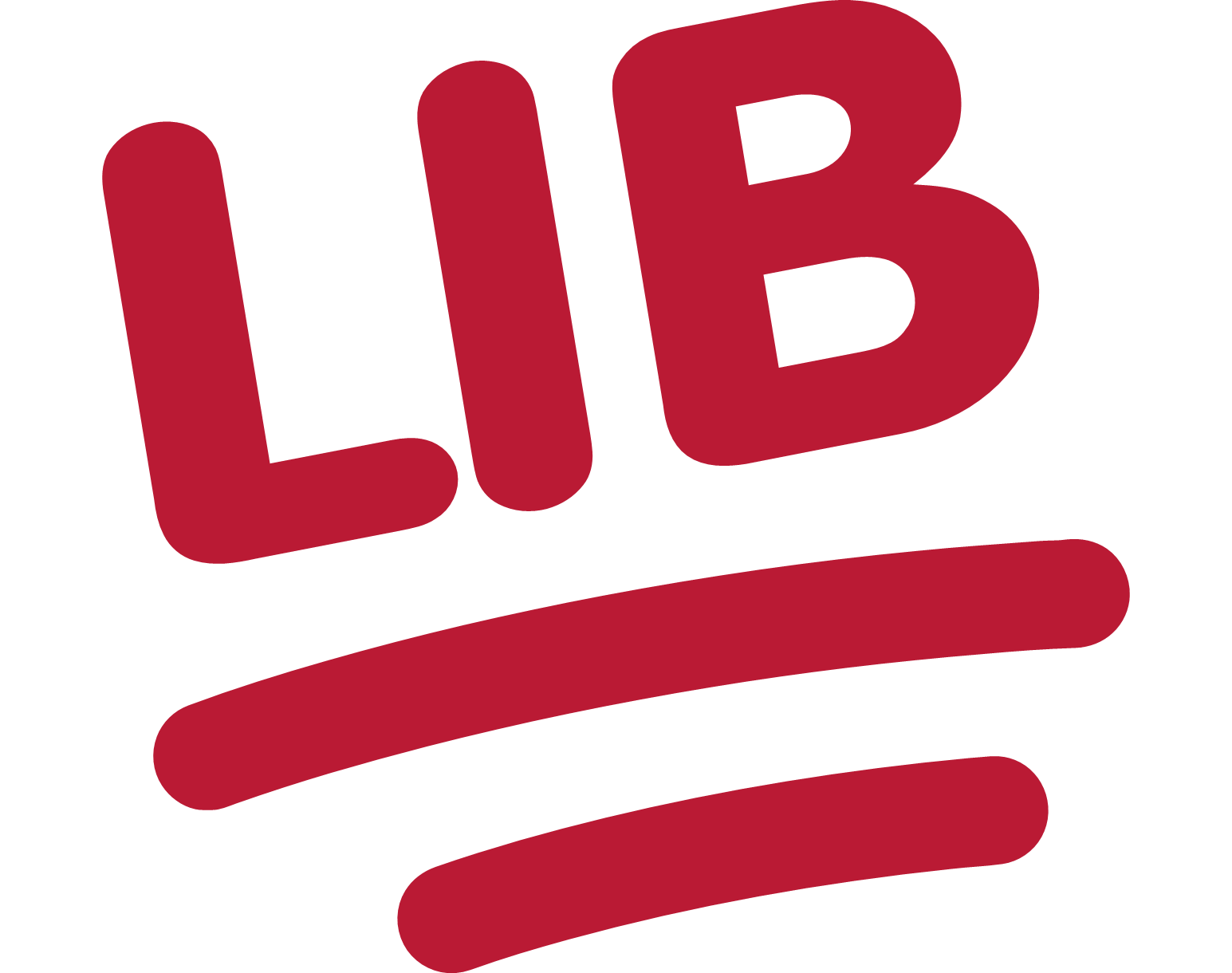
I just mean that colonialism and imperialism still exists. It wasn’t abolished overnight after gaining independence, so the basis for the deprivation of a majority of muslims still exists. We can’t even industrialise let alone “progress” (in the least liberal sense of the term).
In other words the contradiction still exists, and can only be negated/resolved by anti-imperialist class struggle.
Only a few countries have achieved complete decolonisation (of both society and economy) and has the “cultural capacity” to get rid of colonial ideas, like the orientalism you mention.
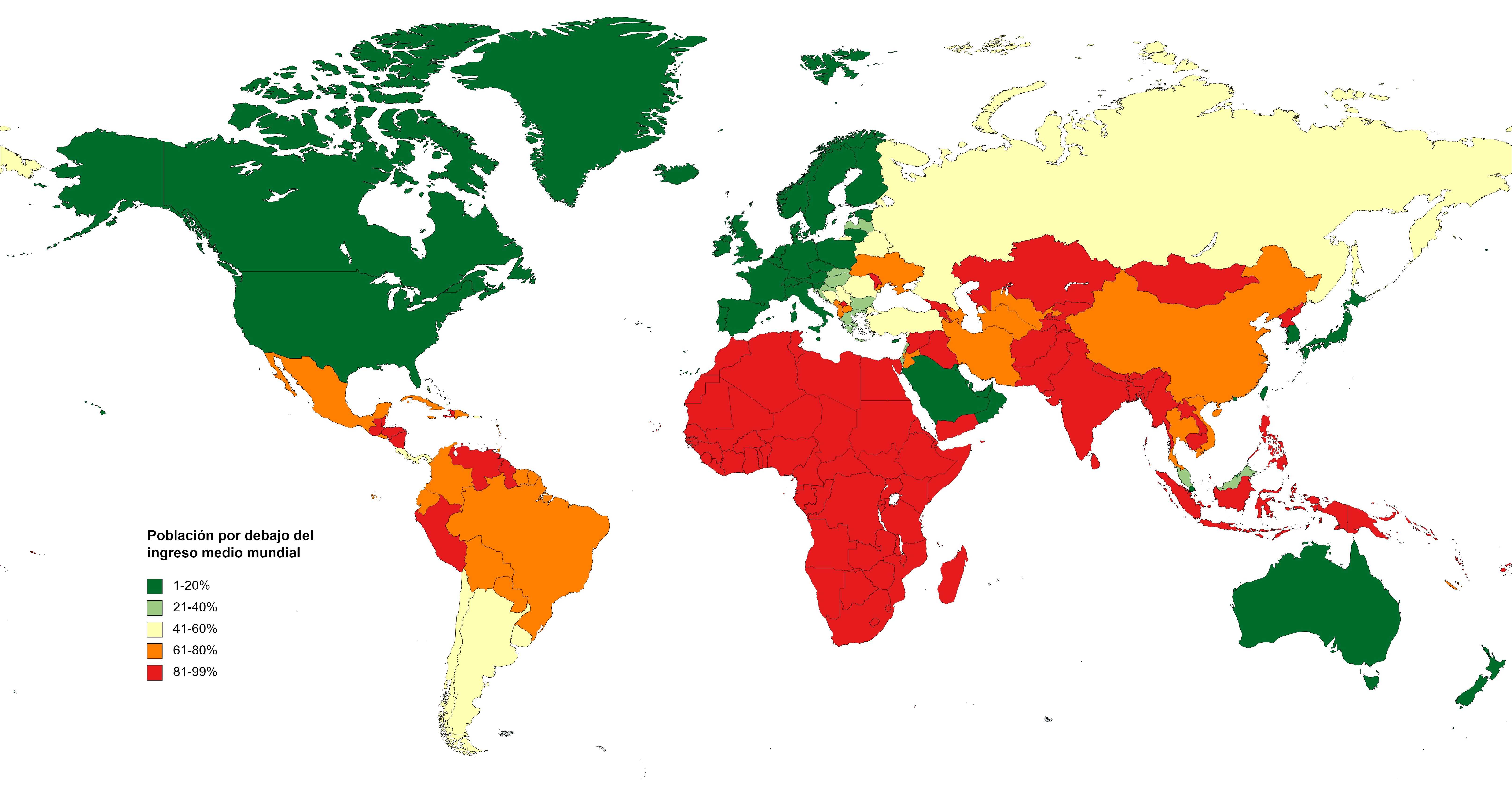
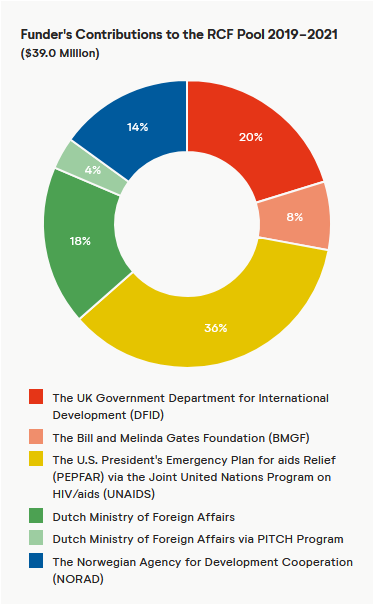

 The founder and director "participated in the U.S Department of State's International Visitor Leadership programme in 2018" and also
"ILGA-Asia", oh you mean the sister branch of ILGA-Europe. (ILGA-Asia suspciously does not list any source of their funding...)
The founder and director "participated in the U.S Department of State's International Visitor Leadership programme in 2018" and also
"ILGA-Asia", oh you mean the sister branch of ILGA-Europe. (ILGA-Asia suspciously does not list any source of their funding...)
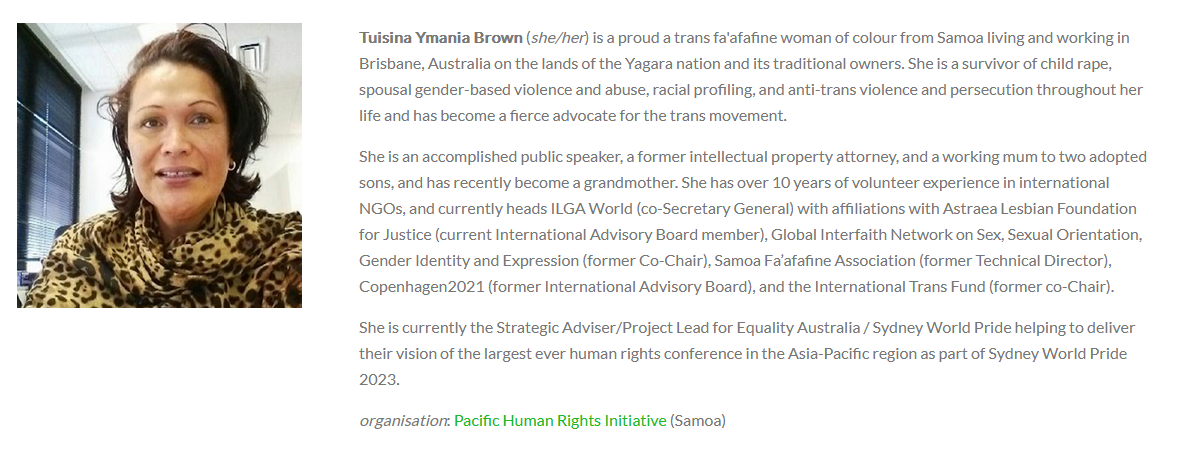 Their Co-Secretary General: "Mexican Microfinance Institutions" (LOL), "MacArthur Foundation", "EXXON MOBIL" <-- now that's funnier.
Their Co-Secretary General: "Mexican Microfinance Institutions" (LOL), "MacArthur Foundation", "EXXON MOBIL" <-- now that's funnier.